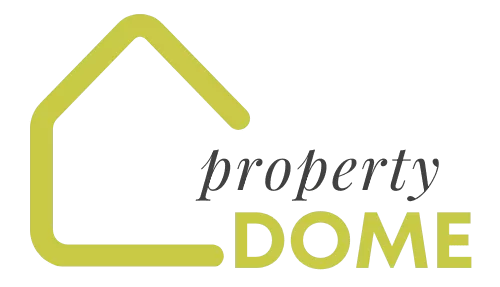In our previous article Glossary of 15 important real estate terms you should know, we discussed the common real estate terms used in the real estate industry to help you understand what they mean.
In this article, we will be helping you with more real estate terms to help you further understand what some real estate terms mean.
Addendum
An addendum is an additional document that is made and added to the original real estate contract. It includes information that the buyer or seller didn’t add in the original document. If a buyer or seller wants a change in the existing contract, an addendum will be added. An example of an addendum is a buyer requesting a seller to allow an appliance like a washing machine to remain in the home.
Annual Percentage Rate (APR)
APR refers to the amount of interest that a borrower is charged on their loan every year.
Appreciation
This refers to the increase in value of a real estate property over a period of time.
Construction loan
This is a short-term loan that is used to finance the renovation or building of a home or a real estate project. Construction loans can be gotten from commercial banks.
Contingency
This is a condition that is written to specify that a real estate contract would be null and void if certain events occur. A contingency can also state that there are certain conditions that must be met by either the buyer or the seller in order to continue with the real estate contract.
Down payment
This is the amount of money, usually stated as a percentage that a homebuyer initially deposits in order to purchase a home at the time of closing.
Encroachment
An encroachment occurs when a property owner builds or adds something that extends to their neighbor’s land or property line. This becomes a problem because the property owner has violated the rights of their neighbor and is seen as trespassing.
Encumbrance
An encumbrance in real estate is a legal restriction that limits or impedes a property owner from the usage or transfer of a property. Example of an encumbrance is a mortgage.
Equity
This is the market value of a property, less the amount of debts owed on the property. Equity simply means the value of a home after a home buyer pays off a mortgage.
Fair Market Value
The fair market value of a property is the price that a property buyer is willing to pay the property seller for the property in an open market. Both the buyer and seller of the property are aware of the property value and are not under any form of pressure to complete the real estate transaction.
Foreclosure
When a property owner is unable to pay off their mortgage, foreclosure is the legal process during which the property owner forfeits their rights to the property. The lender recovers the amount that is owed by taking ownership of the property and selling it to get their money back.
Lease Option
This is a process that allows the person leasing the property the option to buy the property at the end of the rental period. In Nigeria, there are rent-to-own schemes provided by the government whereby the renter pays to rent a house with the view of owning it after a set period of time.
Which of these real estate terms are you familiar with?
Have you read our article on 5 easy ways to invest in real estate?
It explains in detail five ways that you can invest in real estate. Investing in real estate is a great strategy to ensure financial stability as a result of the huge profit that you can gain. If you want to know the investment strategies, this article is a must read. Take charge and become one of the successful real estate investors today.


